When and how to prune viburnum - 3 expert steps for healthy, attractive shrubs that put on glorious flowering displays
We also reveal the mistakes to avoid, which can rob you of potential blooms

Drew Swainston
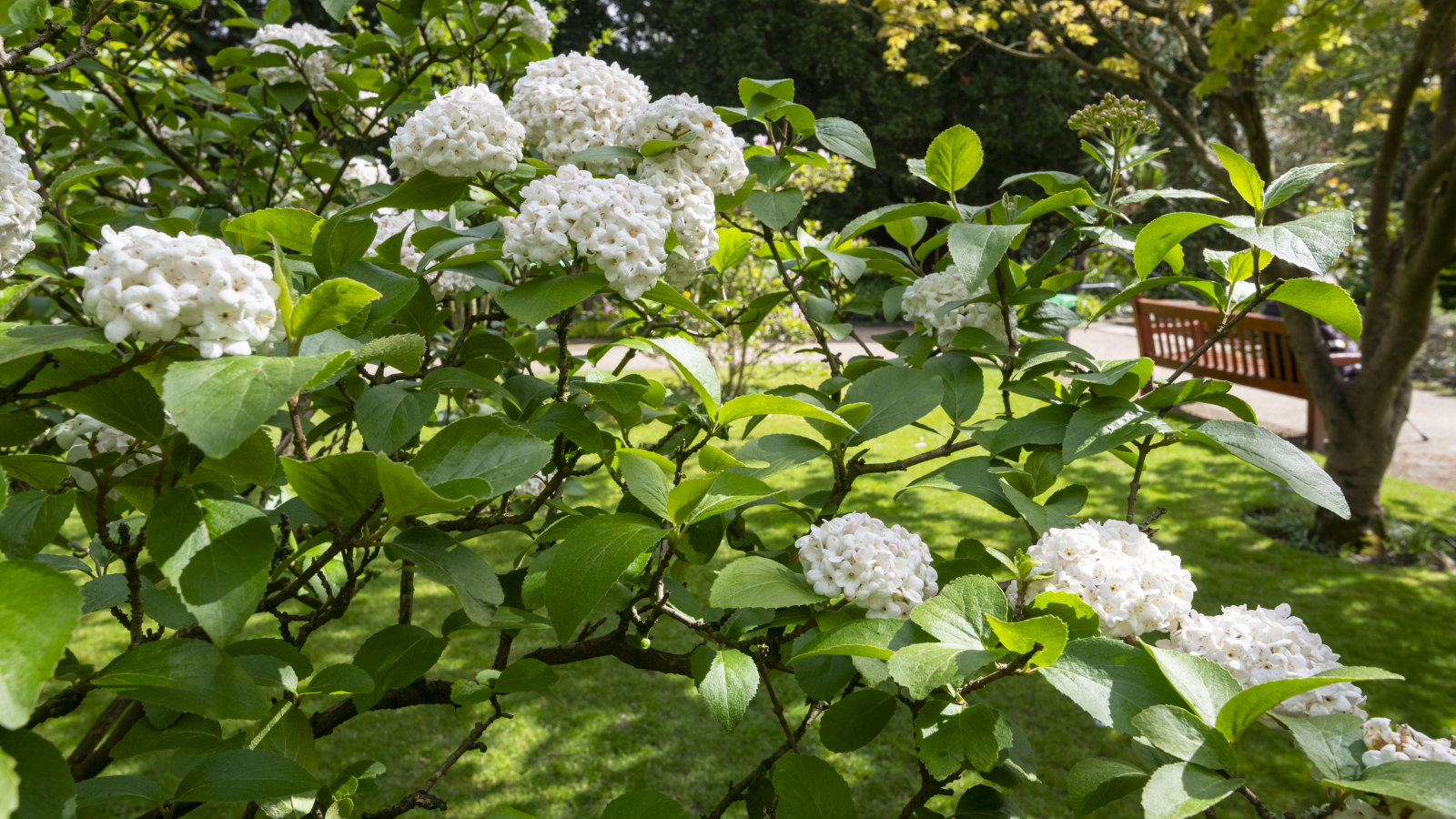
Design expertise in your inbox – from inspiring decorating ideas and beautiful celebrity homes to practical gardening advice and shopping round-ups.
You are now subscribed
Your newsletter sign-up was successful
Want to add more newsletters?

Twice a week
Homes&Gardens
The ultimate interior design resource from the world's leading experts - discover inspiring decorating ideas, color scheming know-how, garden inspiration and shopping expertise.

Once a week
In The Loop from Next In Design
Members of the Next in Design Circle will receive In the Loop, our weekly email filled with trade news, names to know and spotlight moments. Together we’re building a brighter design future.

Twice a week
Cucina
Whether you’re passionate about hosting exquisite dinners, experimenting with culinary trends, or perfecting your kitchen's design with timeless elegance and innovative functionality, this newsletter is here to inspire
Viburnums are a hugely popular species of shrubs. There are many varieties of viburnum, some deciduous (they lose their leaves in the fall) and some evergreen, and the joy of them is that they are all low maintenance and easy to keep in shape.
It is important to know how and when to prune your viburnum shrubs. This is because if you cut them back in the wrong season or when conditions are unfavorable you won't get as many flowers and berries the following year, and may even damage your plant.
Thankfully, pruning is usually minimal when you grow viburnums. To help you avoid making any pruning mistakes, we look at when to trim and the best techniques to keep shrubs of all types in shape. Follow our guide and you can have a healthy, shapely shrub with prolific flowers.
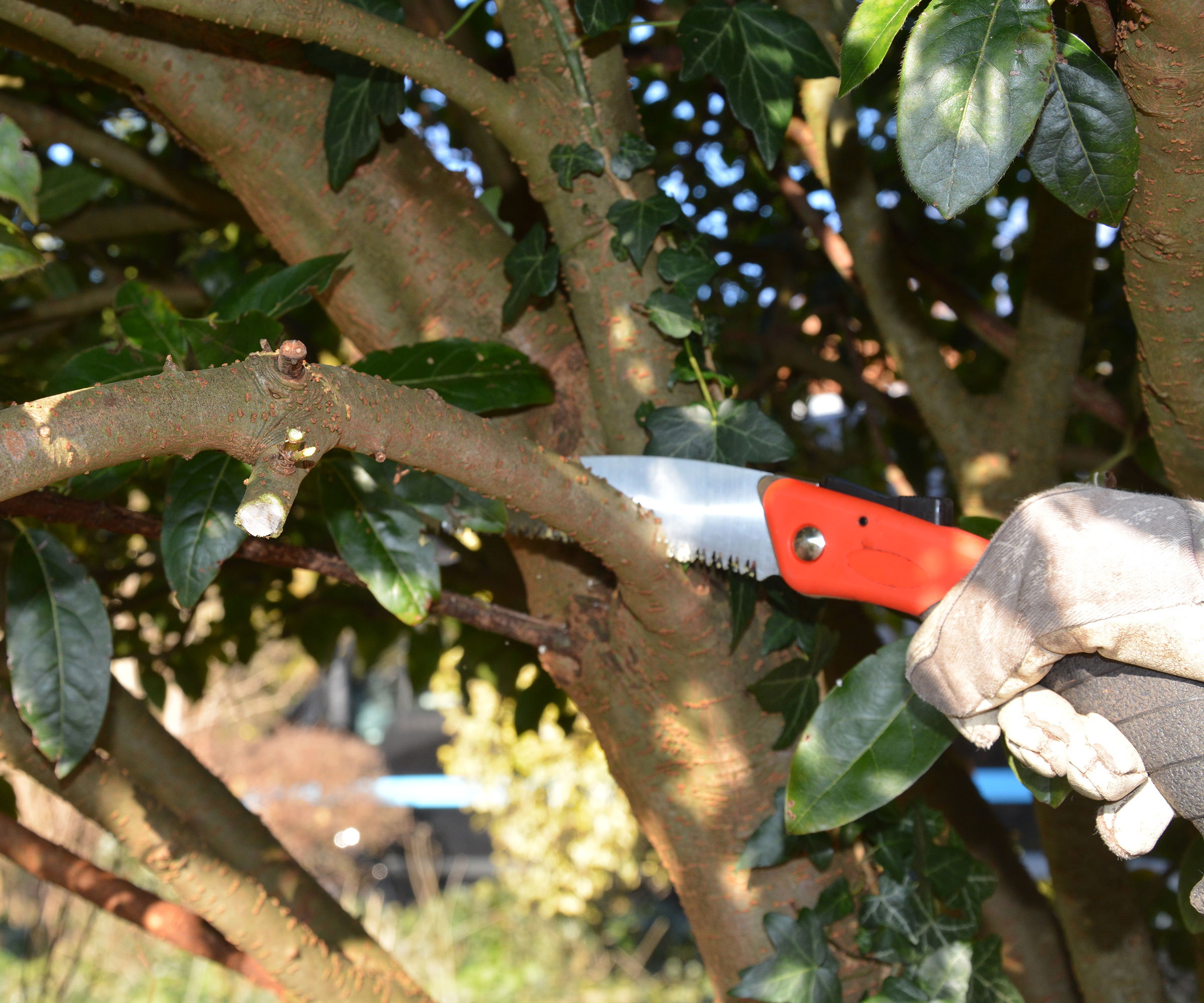
When to prune viburnum
The correct time to prune viburnums is after they have flowered. They are robust deciduous or evergreen shrubs and produce flowers any time during the winter months, sometimes blooming right up until June.
The primary reason that pruning of these flowering shrubs takes place after flowering is that viburnum flowers on wood produced the previous year. If you prune them in early spring or late winter, all you will do is remove the growth that is preparing to burst into blossom.
While most viburnums are given a trim after flowering, if you have a variety that produces berries, such as Viburnum davidii or Viburnum lantana, it is best to wait to prune until the fruits start to shrivel and drop in the fall.
However, the timing differs for renovation pruning of older viburnums. This is best done in late winter or early spring rather than after flowering. You will miss out on a year of blooms, but viburnums do respond to this kind of renovation and doing it earlier in the year gives plenty of time for new shoots to grow.
Design expertise in your inbox – from inspiring decorating ideas and beautiful celebrity homes to practical gardening advice and shopping round-ups.
Wait until the worst of the winter weather is past, though, as severe cold can scorch pruning wounds and blacken the shoot tips. If you prune in freezing weather, the shock may stunt growth and even kill plants.
How to prune viburnum shrubs in 3 easy steps
1. Remove any dead, damaged and diseased wood
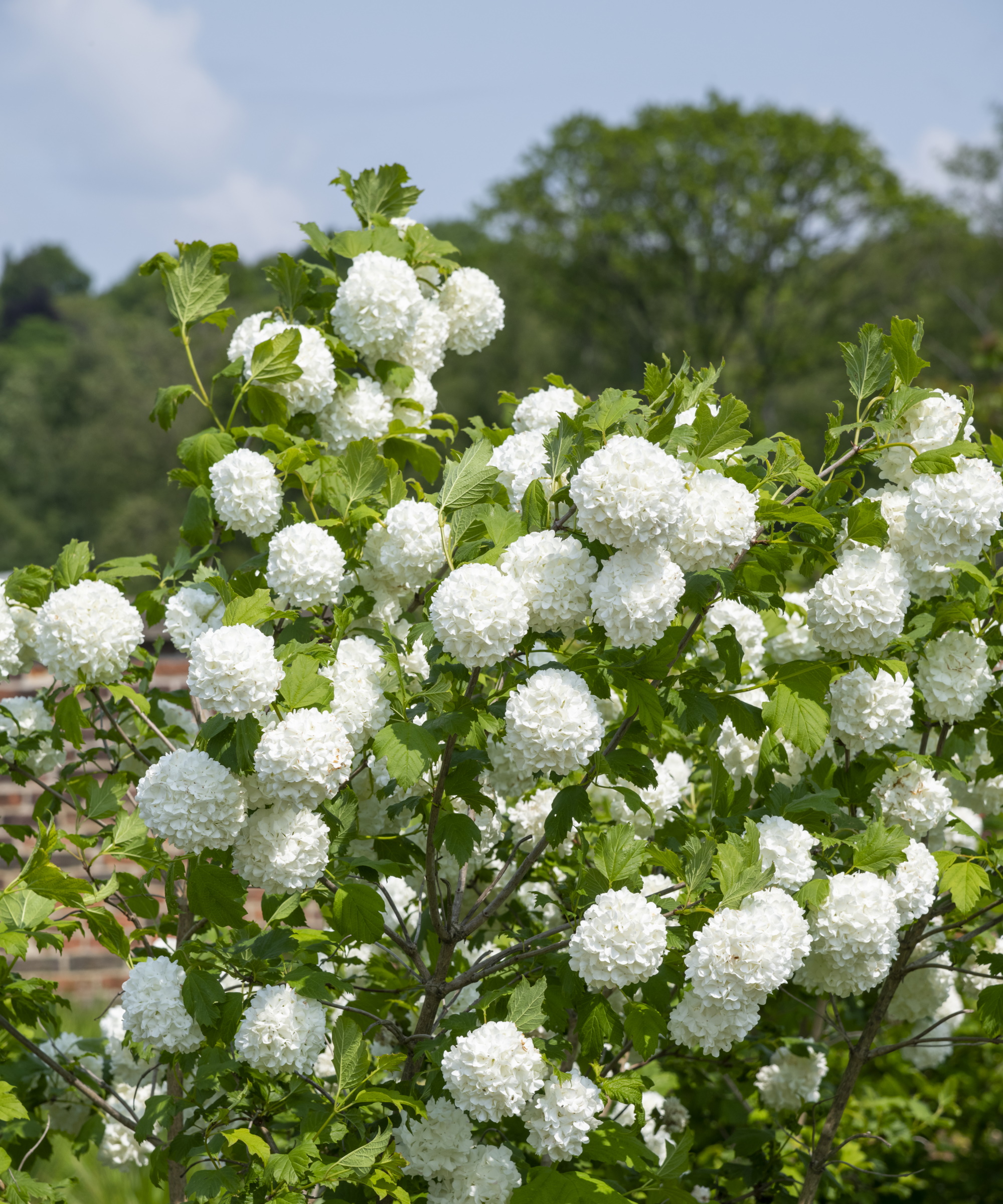
The first step with any pruning regime is to remove the ‘three Ds’ – wood that is dead, damaged and diseased.
You should also add to this list any wood that is weak, spindly and growing inwards into the bush, cluttering its interior and blocking healthy airflow and sunlight that is essential for good growth and flowers.
Old, dead wood can be tough to remove and too strong for pruners to work through, and is best approached with long-handled loppers or a pruning saw.
Once these unwanted branches have been removed, chop them up small or shred them in a wood shredder, like this Sun Joe one from Amazon, which is a useful, time-saving tool if you have lots of wood to get rid of.
You can then either use the chippings as a type of mulch or use them as a valuable ingredient when making compost.
2. Remove dead flowers
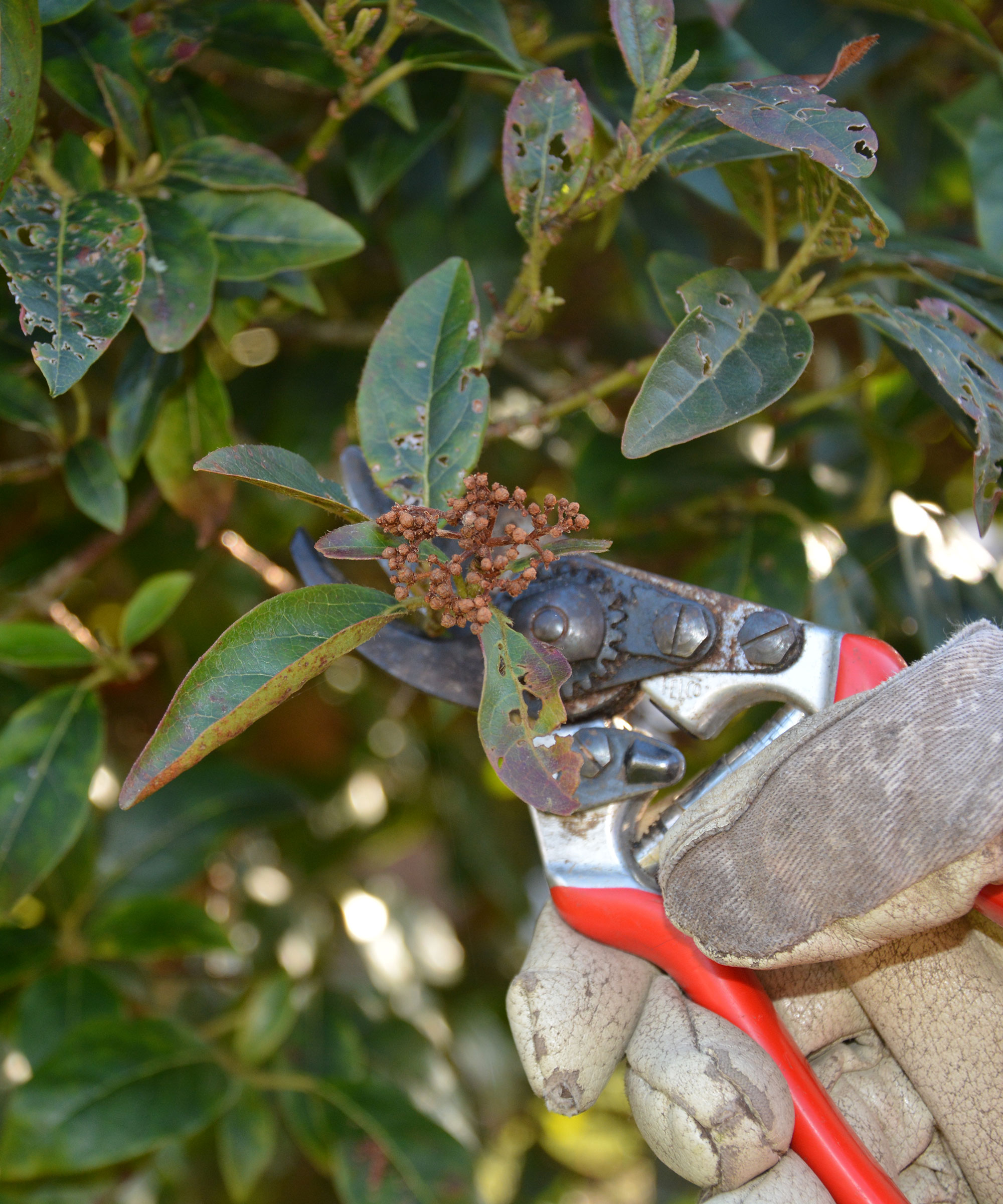
Annual viburnum pruning is simple because all you need is to snip away the spent blossoms using clean and sharp pruning shears, cutting the stems back to a healthy leaf node or bud.
This will encourage the plant to produce new growth that will harden and mature over the next few months and bear blossoms next spring.
Look for signs of pests and disease, and if you spot diseased wood, cut it back to healthy growth and dispose of the clippings in your bin – never add them to the compost heap.
Make sure you clean your garden tools after use to prevent them from rusting and to help stop the spread of pests and diseases.
3. Cut away old and unproductive wood
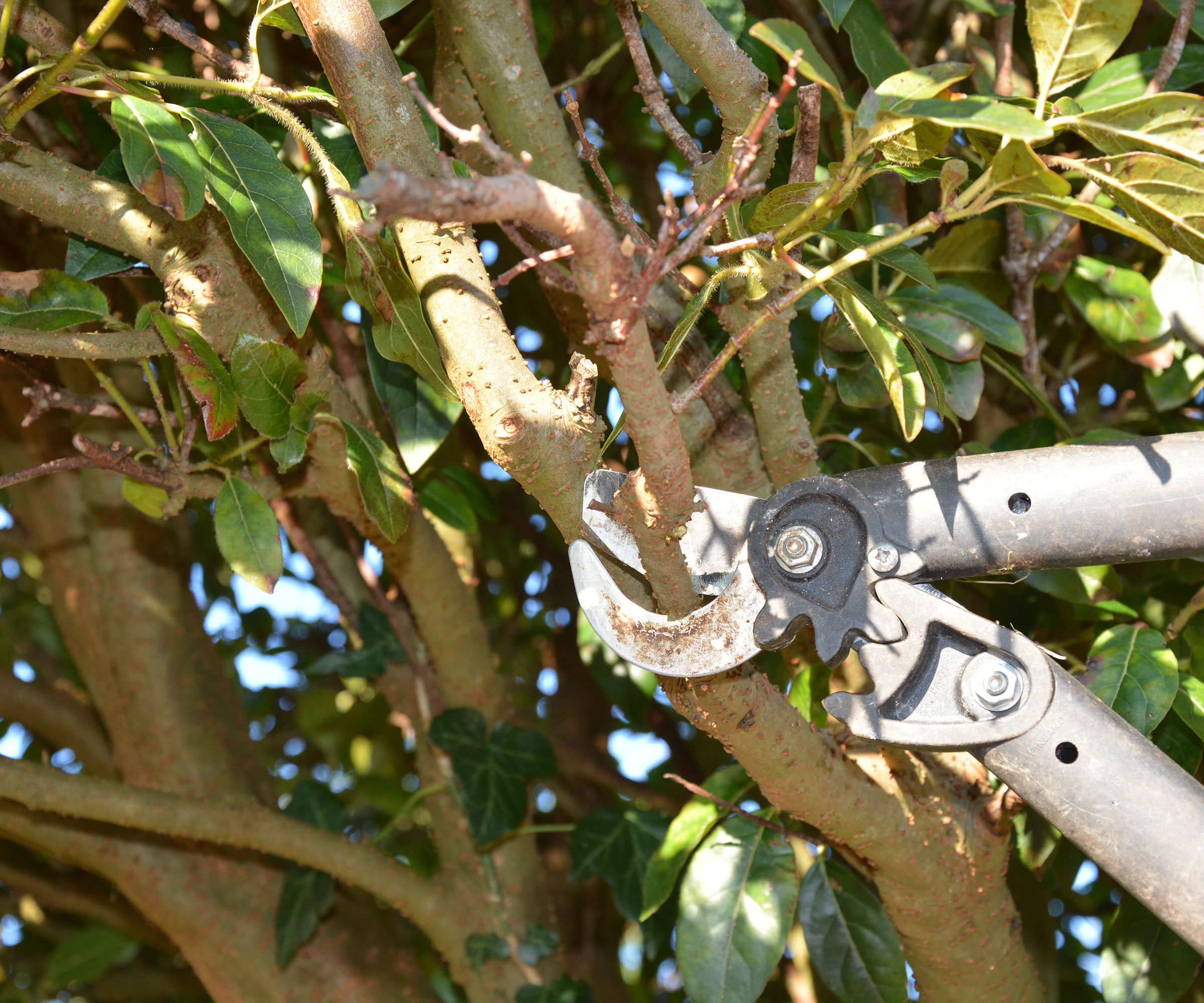
The final step is to remove thicker stems that have grown out of shape and stopped flowering reliably.
Use loppers or a pruning saw to remove them, but don’t take too many in one go, as it can leave the shrub unbalanced. Instead, obey the one-third pruning rule and don't remove more than a third of the older wood.
It is better to wait until the same time next year to remove more than to make the shrub pruning mistake of getting too carried away. Over-pruning can stress the shrub, causing erratic regrowth and leaving it susceptible to pests and diseases.
Don’t cut branches flush against the trunk, but leave a little stub about one inch long so a healing callus can form naturally.
Viburnum pruning aftercare
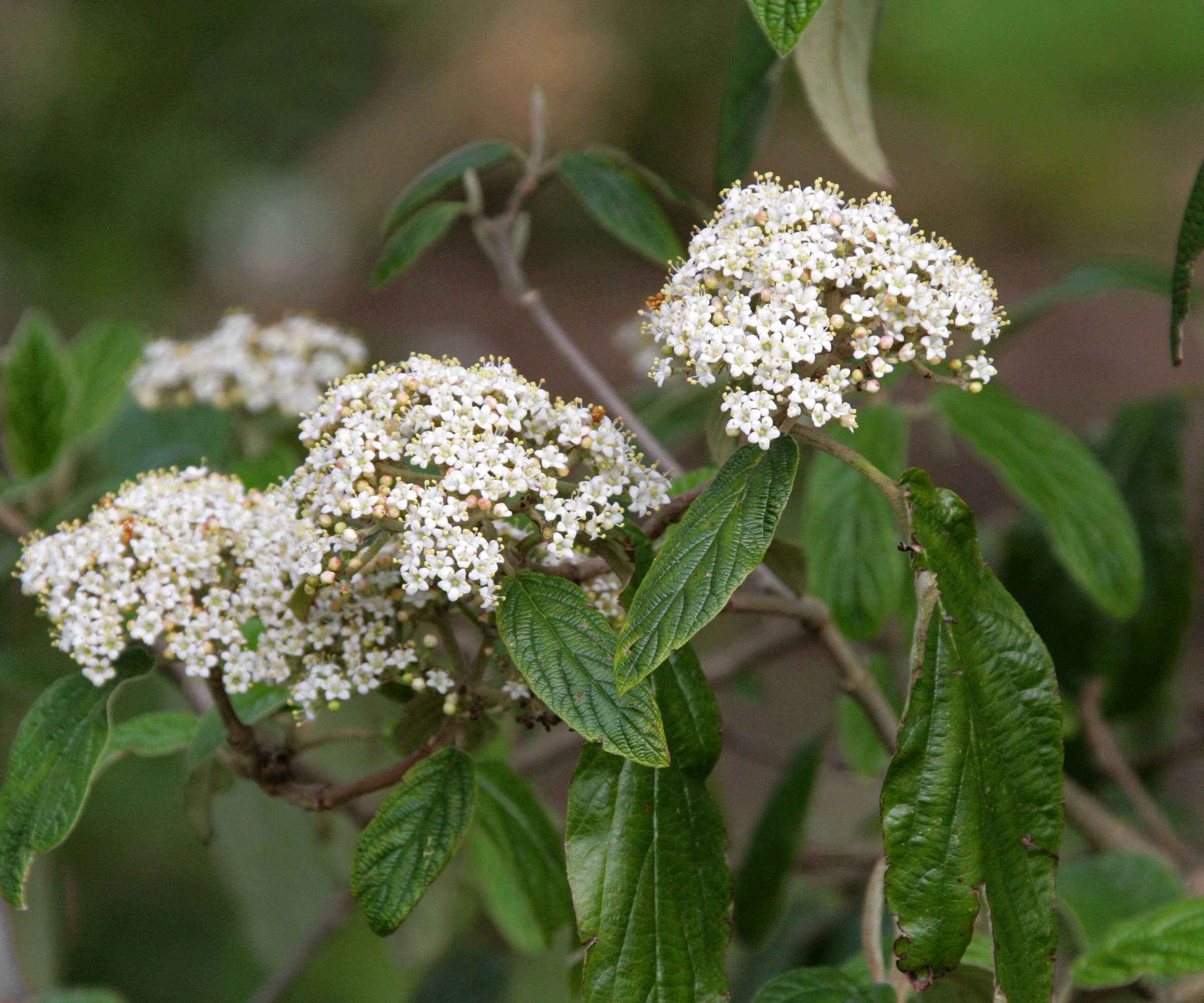
Viburnums don’t require much after-care following pruning, but it is advisable to feed them with a tree and shrub fertilizer such as this BioAdvanced one on Amazon to help them make the most of their growing season ahead. Only use the product at the recommended rates and water it in.
Proper watering helps the plant recover from pruning and avoids it getting too stressed. Also, mulching around the shrub with compost, leaf mold, straw, or bark will help to hold moisture in the soil and add nutrients to the root area.
FAQs
Can viburnum be cut back hard?
Most viburnums don’t need hard pruning, and it can ruin their shape. However, when plants have been neglected, they are likely to grow out of shape and their old wood will flower less.
When this happens, simply remove the oldest stems over a three to four-year period, so the plant maintains its shape and continues to flower on the younger growth.
By the end of the process, you will be left with a healthy, flowering and shapely shrub made up of new wood.
Shop tools to prune viburnum
You may wonder if there is a need to deadhead viburnum flowers throughout the season. The answer is that deadheading is not strictly required with viburnums, but some people may opt to do it.
You do not get more blooms from removing old flower heads, and you miss out on potential berries, but if you do deadhead, your viburnum will look very neat.

Ruth is a Contributing Editor for Homes & Gardens, and formerly Gardening Editor of Amateur Gardening magazine. She is horticulturally trained, with a qualification from the Royal Horticultural Society. Her work for Amateur Gardening, the world's oldest weekly gardening publication, involved matching gardening tasks with each season, covering everything from sowing and planting, to pruning, taking cuttings, dealing with pests and diseases and keeping houseplants healthy. She is an expert in ornamental plants and edible crops, and everything she writes about and photographs is in her own garden, that has been a work in progress since her family moved there in 2012.
- Drew SwainstonContent Editor
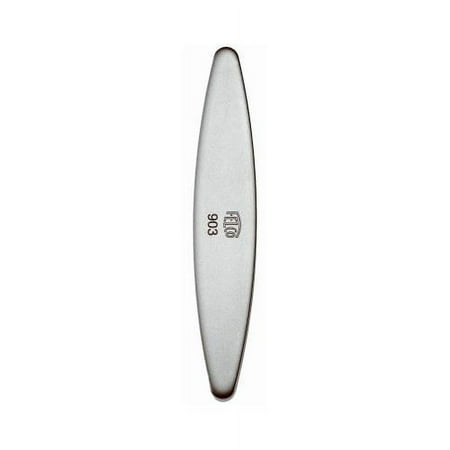
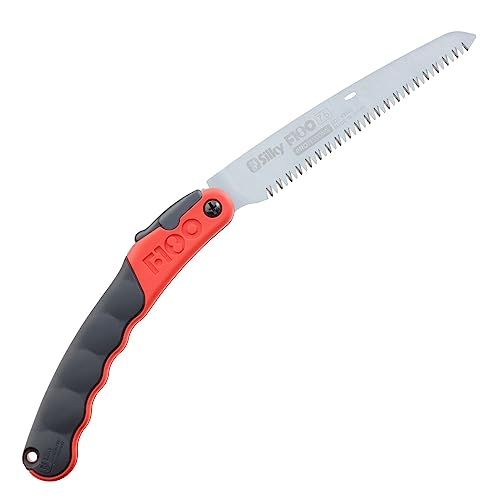
![Tonma Pruning Shears [made in Japan] 8" Bypass Hand Pruners, Garden Scissors Clippers, Plant Trimmers](https://cdn.mos.cms.futurecdn.net/Be6ELnztcyDacxDJfae4YS.jpg)